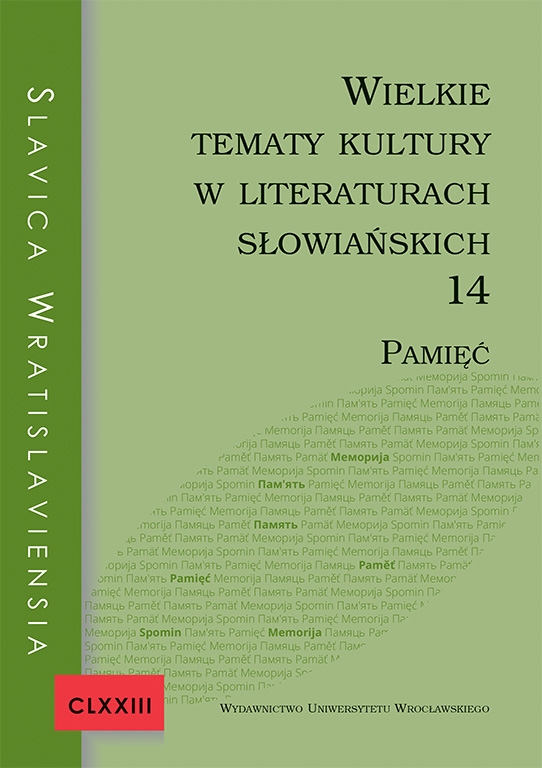

Literatury Słowiańszczyzny zachodniej

Czech national identity was an important topic of social and cultural discussion in the 1920s. It was subdued under the influence of the economic crisis of the early 1930s. The question of national identity has once again come to the centre of attention with the growing threat of nationalism in Germany. In ruralism, the land is presented as a symbol of family and national memory. The connection between land and the people shapes their characteristics and behavior which are understood as a part of their national identity. This paper covers how Czech national identity is portrayed in selected ruralist novels such as Puszta (1937) by Josef Knap and Ztracená země (1938) by Václav Prokůpek and how these novels depict the development of contemporary discussion.